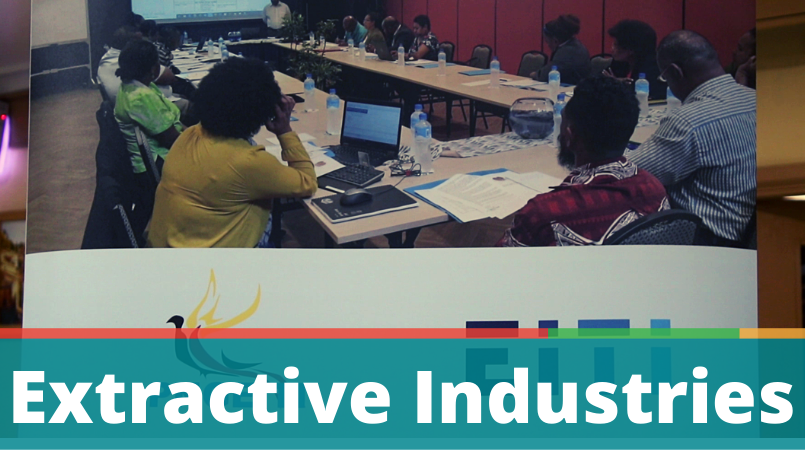
The PNG Extractive Industries Transparency Initiative (PNGEITI) National Secretariat is currently in Lae to host a consultation workshop.
The Momase Regional workshop aims to gauge stakeholders’ views on the National Secretariat’s intention to transition into a statutory body.
The Momase region, especially stakeholders in the extractive sector of oil, gas, mining, fisheries, forestry and agriculture, have been invited to participate at the Extractive Industries Transparency Initiative consultation on the PNGEIT Commission Bill.
The consultation is set to start today (Tuesday July 27th) at the Huon Gulf Hotel, and will end on the 5th of August.
The draft bill proposes to establish the national secretariat as a statutory body, where it will be called the Extractive Industries Transparency Commission.
Stakeholder engagement officer, Oliver Maingu, said they aim to involve provincial, corporate and local groups to find out how best the proposed commission can serve their interests.
“So that we can use those feedback as our additional information when we do the final draft to solidify our position to establish the EIT Commission by law,” he explained.
PNG EITI technical officer, Sarita Peai, said the national secretariat was effected through a National Executive Council (NEC) decision in 2015, adding NEC decisions can be revoked at any time. That is why to ensure continued future operations, the PNG EITI is working to enable the secretariat’s transition into a statutory body.
“So far, a draft bill has been in place,” she said. “And to meet the legislative requirements for the state, we have to do public consultations throughout PNG, especially the extractive project impact provinces, to get their views, support and commentaries on the proposed bill itself.”
The Extractive Industries Transparency Initiative, through the implementation of the global standard, promotes the open and accountable management of oil, gas and mineral resources.
Papua New Guinea is among 53 countries that promote transparency and accountability in the mining and petroleum space through the EITI reporting process.
